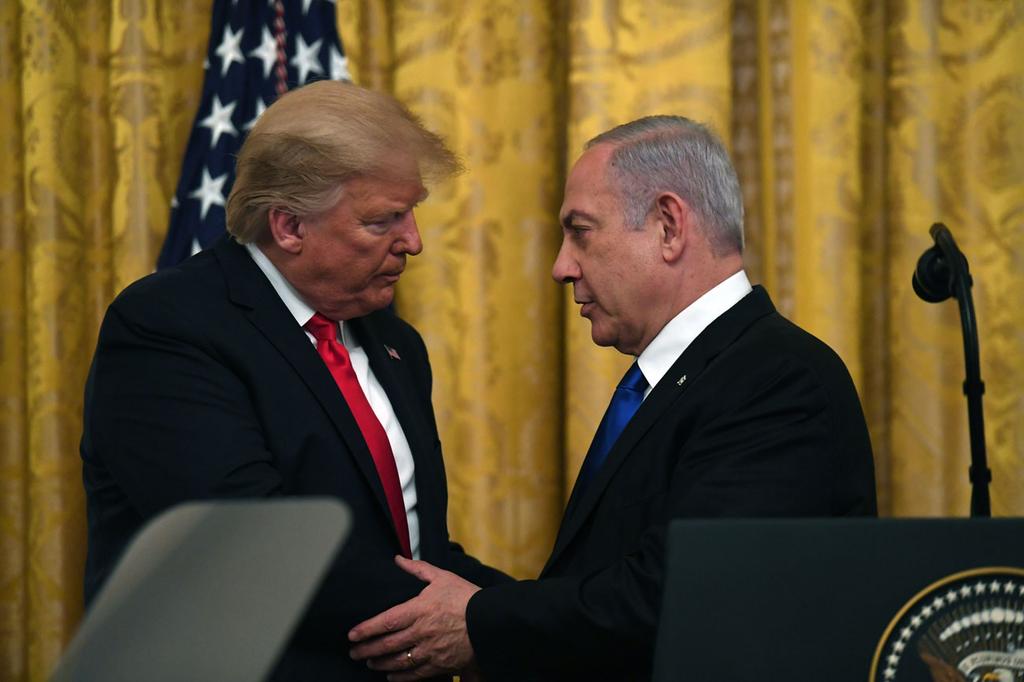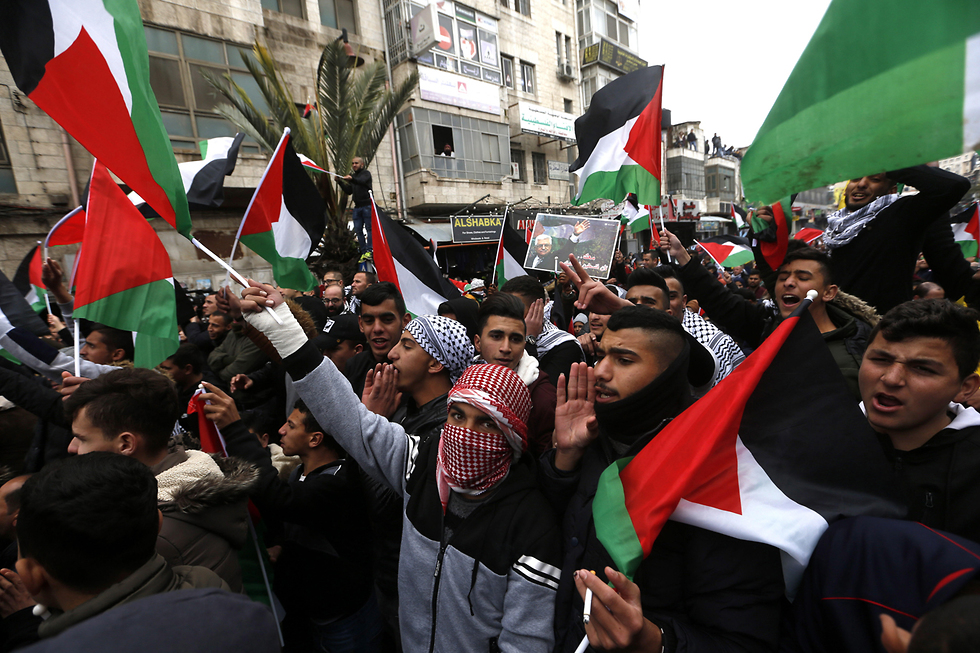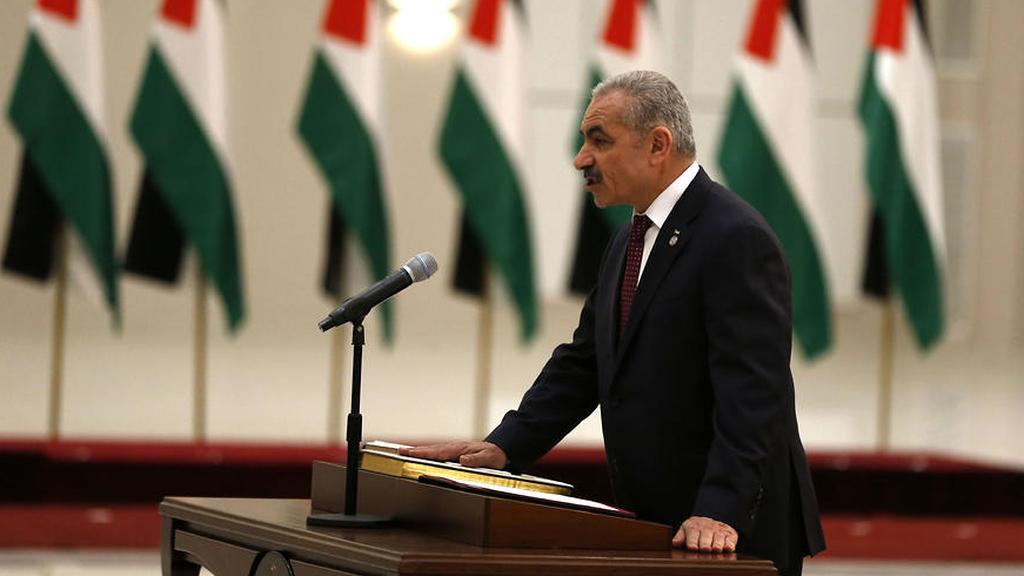Getting your Trinity Audio player ready...
The Palestinian prime minister lashed out Sunday at U.S. President Donald Trump's proposal to end the Mideast conflict, saying it would be "buried very soon."
Speaking at the Munich Security Conference, Mohammad Shtayyeh said the U.S. plan was "no more than a memo of understanding between [Prime Minister Benjamin] Netanyahu and Trump."
Shtayyeh criticized the fact that the proposal would leave a future Palestinian state fragmented and with "no sovereignty," allowing Israel to annex large parts of the West Bank. He urged other countries to reject the Trump proposal while maintaining that Palestinians "are open to serious negotiations."
Israel and the Palestinians have not held peace talks in almost than a decade.
Shtayyeh also suggested the Palestinians would seek to increase pressure on Israel through international organizations, citing the recent release by the United Nations human rights office of a list of more than 100 companies operating in Israel's West Bank settlements.
Following the publication of the list last week, Shtayyeh threatened to take international legal action against the companies named on it.
Referring to the March 2 election in Israel, Shtayyeh said the difference between Blue & White leader Benny Gantz and Netanyahu was "not more than the difference between Coca-Cola and Pepsi Cola."
3 View gallery


U.S. President Donald Trump and Prime Minister Benjamin Netanyahu talk at the White House as the American peace plan for the Mideast is unveiled
(Photo: GPO)
Trump's Mideast plan, announced by the president at the White House on Jan. 28 with Netanyahu at his side, backs Israel on virtually all of the most contentious issues of the decades-old conflict.
It would allow Israel to annex large parts of the West Bank containing the settlements that are home to hundreds of thousands of people as well as the Jordan Valley.
The Palestinians, who cut off ties with the U.S. after Trump recognized Jerusalem as Israel's capital in 2017, have adamantly rejected the plan.
Thousands of Palestinians rallied last week in the West Bank to reject Trump's peace initiative.
"All Palestinian people and all the factions, national and Islamic, are standing behind President Mahmoud Abbas," Shtayyeh told the crowd flooding Ramallah's al-Manara Square.
"All the streets are full," he said. "This is the Palestinian response."
3 View gallery


Palestinians protest in Ramallah against the Trump peace plan, Feb. 11, 2020
(Photo: EPA)
The Arab League has unanimously sided with the Palestinians against the plan, but key U.S. allies Egypt and Saudi Arabia said they appreciated Trump's efforts and called for renewed negotiations.
The European Union issued a statement last week reiterating its support for a two-state solution based on the 1967 lines. The Palestinians want to establish a state in East Jerusalem, the West Bank and the Gaza Strip, territories Israel captured from Egypt and Jordan in the 1967 Six-Day War.
EU foreign policy chief Josep Borrell said the U.S. initiative "departs from these internationally agreed parameters."


